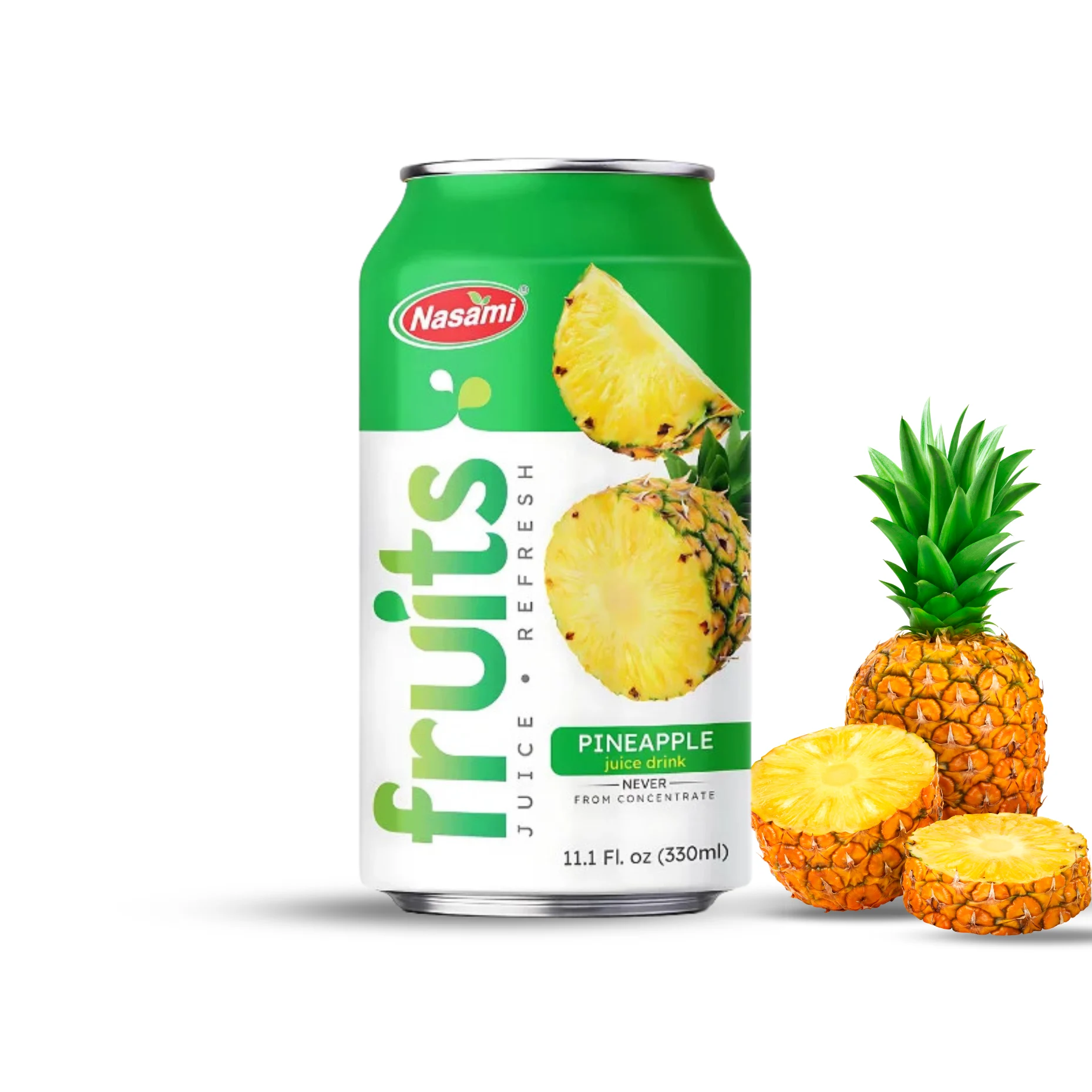Can diabetics drink coconut water daily? Coconut water has become a popular natural, hydrating beverage, favored for its refreshing taste and electrolyte content. With essential nutrients like potassium, magnesium, and sodium, it supports hydration and overall health. Its low calorie count and moderate natural sugars, combined with antioxidants, make it appealing for many.
Table of Content
ToggleFor diabetics, the question lies in its sugar content. Coconut water contains natural sugars, which can affect blood glucose levels, though its glycemic index is lower than many sugary drinks. Moderation is key—diabetics can enjoy it as part of a balanced diet but should monitor blood sugar levels. Consulting a healthcare provider ensures it fits individual needs.
Understanding Coconut Water – Can diabetics drink coconut water daily?
Definition and What It Contains
Coconut water is the clear liquid found inside young, green coconuts. It is distinct from coconut milk, which is made by blending grated coconut flesh with water. Known for its hydrating properties, coconut water is a popular choice for those seeking a natural alternative to sugary beverages.
Nutritional Profile
In terms of sugars, coconut water contains natural sugars such as glucose and fructose. While these sugars are less concentrated than those found in many processed beverages, they still contribute to the overall carbohydrate content.
Differences Between Coconut Water and Coconut Milk
It’s important to differentiate between coconut water and coconut milk, as they serve different purposes and have distinct nutritional profiles:
- Coconut Water: This is the clear liquid from young coconuts, low in fat and calories, and rich in electrolytes. It’s primarily used as a hydrating drink.
- Coconut Milk: Made by blending grated coconut meat with water, coconut milk is creamy and high in fat. It is often used as a cooking ingredient or a dairy substitute in various recipes.
Diabetes and Blood Sugar Management
Overview of Diabetes and Its Impact on Blood Sugar Levels

Diabetes is a chronic condition characterized by elevated blood sugar levels, either due to insufficient insulin production (Type 1 diabetes) or insulin resistance (Type 2 diabetes). Proper blood sugar management is crucial to prevent complications such as cardiovascular disease, nerve damage, and kidney problems. Maintaining stable blood glucose levels is achieved through a combination of medication, lifestyle adjustments, and careful dietary choices.
Importance of Monitoring Carbohydrate and Sugar Intake for Diabetics
For individuals with diabetes, managing carbohydrate and sugar intake is fundamental in controlling blood glucose levels. Carbohydrates are broken down into glucose, which enters the bloodstream and can impact blood sugar levels. Foods and beverages with high sugar content or high glycemic indices can cause rapid spikes in blood sugar, making it essential to monitor and regulate their consumption.
Monitoring intake helps to:
- Maintain Stable Blood Sugar Levels: Consuming foods with balanced nutrients and low glycemic indices helps prevent sudden blood sugar fluctuations.
- Reduce the Risk of Complications: Consistent blood sugar control reduces the risk of long-term complications associated with diabetes.
- Optimize Overall Health: A well-managed diet supports overall health and well-being, complementing medication and lifestyle changes.
Get information about all products of Nasami Beverages.
Coconut Water and Diabetes: What the Research Says
Review of Scientific Studies on Coconut Water and Its Impact on Blood Sugar Levels
Recent studies have explored the effects of coconut water on blood sugar levels, revealing mixed but generally positive results. Research indicates that coconut water may have a modest impact on blood glucose, primarily due to its natural sugar content. For instance, some studies have found that coconut water can help lower blood sugar levels due to its high potassium content, which can improve insulin sensitivity and glucose metabolism.
However, it’s important to note that while some research supports these benefits, the studies are often limited in scope or sample size. More extensive research is needed to fully understand the long-term effects of coconut water on blood sugar levels and diabetes management.
Analysis of the Glycemic Index of Coconut Water
The glycemic index (GI) measures how quickly a food or beverage raises blood sugar levels. Coconut water has a relatively low to moderate GI compared to many sugary drinks and fruit juices. Typically, its GI falls between 3 to 5, which is considered low. This means it has a slower impact on blood glucose levels, making it a better choice than high-GI alternatives.
Despite its low GI, coconut water is not devoid of sugars. A typical serving contains about 6 grams of sugar, which can affect blood glucose levels if consumed in large quantities. Moderation is key to managing blood sugar effectively.
Discussion on Coconut Water’s Role in Blood Sugar Control
Coconut water can be a beneficial component of a diabetic-friendly diet when consumed in moderation. Its low GI and high potassium content may support overall blood sugar management and offer hydration benefits without causing significant spikes in glucose levels.

However, it is crucial for diabetics to monitor their individual responses to coconut water and consult with healthcare professionals. The effects can vary based on individual health conditions, current medication, and overall diet.
Benefits of Coconut Water for Diabetics
Hydration and Electrolyte Balance
One of the key benefits of coconut water for diabetics is its ability to aid in hydration and maintain electrolyte balance. Coconut water is rich in electrolytes like potassium, sodium, and magnesium, which are essential for maintaining proper fluid balance and supporting overall bodily functions. For diabetics, staying well-hydrated is crucial, as dehydration can affect blood sugar levels and overall health. Unlike many sugary drinks that can contribute to elevated blood glucose, coconut water provides a natural, low-calorie option to stay hydrated.
Nutrients That May Be Beneficial
Coconut water contains several nutrients that may offer additional benefits for diabetics:
- Potassium: Helps regulate blood pressure and support heart health. Adequate potassium intake can improve insulin sensitivity and glucose metabolism.
- Magnesium: Plays a role in glucose control and insulin sensitivity. Magnesium deficiency has been linked to an increased risk of developing Type 2 diabetes.
- Calcium: Essential for bone health and can support various metabolic processes.
These nutrients can be particularly advantageous for diabetics, as they contribute to better overall health and potentially improved blood sugar management.
Possible Advantages Over Other Sugary Beverages
Coconut water has several advantages over other sugary beverages:
- Lower Glycemic Index: Compared to many fruit juices and sodas, coconut water has a lower glycemic index, which means it has a slower and more gradual impact on blood sugar levels.
- Fewer Added Sugars: Unlike many commercial beverages, coconut water typically contains no added sugars, reducing the risk of unexpected blood sugar spikes.
- Natural Hydration: Coconut water offers a more natural source of hydration and electrolytes compared to sports drinks that often contain high levels of artificial ingredients and sugars.
Risks and Considerations
Potential Concerns Related to Sugar Content
While coconut water is often praised for its health benefits, it does contain natural sugars that can impact blood glucose levels. Each serving of coconut water typically contains about 6 grams of sugar. Although this is significantly less than the sugar content found in many sodas and fruit juices, it’s still important for diabetics to be mindful of their total sugar intake. Excessive consumption of any sugary beverage, even those with natural sugars, can contribute to elevated blood glucose levels and hinder diabetes management.
How Coconut Water Might Affect Blood Glucose Levels
Coconut water has a relatively low glycemic index (GI) compared to high-GI beverages, which means it generally has a slower and more gradual impact on blood sugar. However, its natural sugar content can still affect glucose levels, especially if consumed in large quantities or without considering other dietary components. Individual responses can vary, and what might be a manageable amount for one person could cause issues for another. It’s essential to monitor how coconut water affects your blood sugar and adjust intake accordingly.
Importance of Portion Control and Moderation
To minimize the risk of blood sugar spikes, portion control and moderation are crucial. Drinking coconut water in moderation—typically one serving per day or less—is advisable for those managing diabetes. Keeping track of how coconut water fits into your overall carbohydrate and sugar intake can help maintain stable blood glucose levels.

Consulting with a healthcare provider or dietitian can provide personalized guidance on incorporating coconut water into your diet. They can help determine the appropriate amount based on your individual health needs and blood sugar management goals.
Practical Tips for Incorporating Coconut Water
Recommended Serving Size for Diabetics
For diabetics, moderation is key when incorporating coconut water into the diet. A recommended serving size is typically around 8 ounces (240 milliliters) per day. This portion allows you to enjoy the benefits of coconut water without consuming excessive amounts of natural sugars that could impact blood glucose levels. It’s important to monitor how this amount affects your blood sugar and adjust accordingly based on your individual needs and responses.
How to Choose the Best Coconut Water
When selecting coconut water, opt for varieties that are unflavored and contain no added sugars or artificial ingredients. Look for labels that list only coconut water as the ingredient, without added sweeteners or preservatives. Natural, 100% coconut water provides the most health benefits while minimizing unnecessary sugar intake. Additionally, choosing products that are low in sodium and free from artificial additives can further support overall health and blood sugar management.
Tips for Monitoring Blood Sugar Levels When Consuming Coconut Water
- Track Blood Sugar Responses: After consuming coconut water, monitor your blood glucose levels to see how it affects your body. This can help you understand your individual response and adjust your intake as needed.
- Incorporate into Balanced Meals: To mitigate any potential impact on blood sugar, pair coconut water with a balanced meal that includes fiber, protein, and healthy fats. This can help stabilize blood sugar levels and improve overall glycemic control.
- Consult with Healthcare Professionals: Regular consultations with a healthcare provider or dietitian can offer personalized advice on integrating coconut water into your diet. They can help tailor recommendations based on your specific health conditions and dietary needs.
Alternatives to Coconut Water for Diabetics
Other Hydrating Beverages with Low Glycemic Index
For diabetics seeking hydration options, there are several beverages with a low glycemic index (GI) that can serve as effective alternatives to coconut water:
- Plain Water: The most straightforward and zero-calorie option, plain water is the best choice for hydration without affecting blood sugar levels.
- Unsweetened Herbal Teas: Herbal teas, such as chamomile or peppermint, can be hydrating and flavorful without contributing to blood glucose levels. Ensure they are unsweetened and free from added sugars.
- Sparkling Water: Unsweetened sparkling water is another good option, offering a fizzy alternative to still water. It can be flavored with a splash of lemon or lime for added taste.
- Diluted Apple Cider Vinegar: When diluted, apple cider vinegar can help with hydration and may offer some benefits for blood sugar management. It’s important to consume it in moderation and consult with a healthcare provider for personalized advice.
Comparison with Other Natural Drinks and Their Impact on Blood Sugar
When comparing coconut water to other natural drinks, consider the following:
- Green Tea: Known for its antioxidants, green tea has a low GI and can aid in hydration and overall health. It can be consumed hot or cold and offers potential benefits for glucose metabolism.
- Low-Sugar Vegetable Juices: Juices made from non-starchy vegetables like cucumbers or celery have a lower GI compared to fruit juices. They are hydrating and provide essential nutrients without significant sugar content.
- Almond Milk: Unsweetened almond milk is low in carbohydrates and can be a good option for those who prefer a milk-like beverage. It provides hydration and a small amount of protein without impacting blood sugar levels significantly.
Impact on Blood Sugar
While these alternatives generally have a lower impact on blood sugar compared to coconut water, individual responses can vary. It is crucial for diabetics to monitor their blood glucose levels and choose beverages that align with their dietary needs and health goals. Always check for added sugars or other ingredients that might affect blood sugar control.
View more:
- Where can you purchase coconut water?
- Is coconut oil water soluble?
- Can you drink brown coconut water?
- Is pressed coconut water better?
- How much water to dilute coconut cream to coconut milk?
- Can I Drink Coconut Water While Fasting?
- Is Coconut Water Good For Toddlers?
- Is Coconut Water Good For Gout?
- Can You Drink Coconut Water Before Colonoscopy?
- Is Coconut Water Safe to Drink During Pregnancy?






